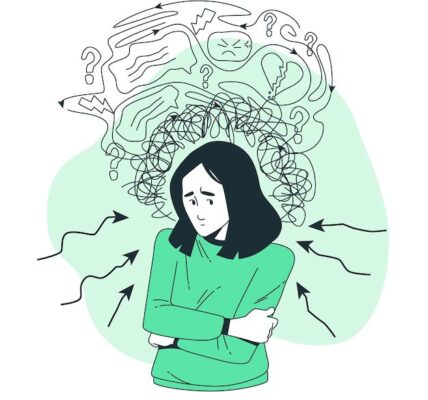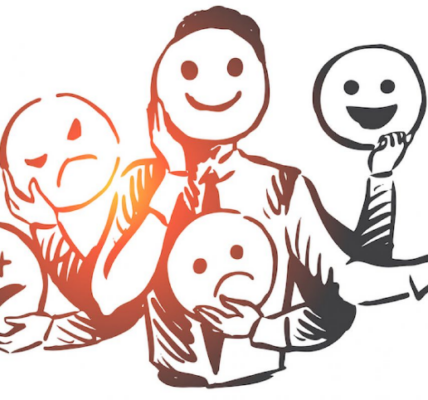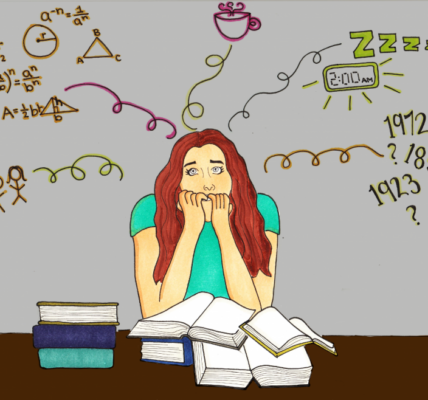In today’s digital world, social media plays a significant role in our daily lives. While it offers numerous benefits, such as staying connected and accessing information, it also has a profound impact on mental health. Excessive social media use has been linked to increased anxiety, depression, and low self-esteem. Understanding these effects and managing social media consumption can help protect mental well-being.
Comparison and Low Self-Esteem
Social media often portrays an idealized life version, where people share only their best moments. This can lead to unrealistic comparisons, making individuals feel inadequate or dissatisfied with their lives.
Increased Anxiety and Depression
Studies suggest that prolonged social media use is linked to higher rates of anxiety and depression, especially among teenagers. Constant exposure to negative news, cyberbullying, and unrealistic beauty standards can contribute to these feelings.
Sleep Disruptions
The blue light from screens interferes with the production of melatonin, a hormone essential for sleep. Late-night scrolling can lead to insomnia and poor sleep quality, which negatively impacts mental health.
Addiction and Dopamine Dependency
Social media platforms are designed to be addictive. Each like, comment, or notification releases dopamine, the brain’s reward chemical. Over time, people can develop a dependency on social validation, affecting their emotional well-being.
Decreased Attention Span
Constant scrolling through bite-sized content reduces our ability to focus. Studies have shown that excessive social media use can rewire the brain, making it harder to concentrate on tasks requiring deep thinking.
Set Time Limits
Use apps like Screen Time or Digital Wellbeing to monitor and limit social media usage. Setting boundaries, such as no social media before bed or during meals, can help reduce its impact.
Curate Your Feed
Unfollow accounts that make you feel adverse or inadequate. Instead, follow pages that promote positivity, mental health awareness, and self-improvement.
Take Social Media Breaks
Periodic digital detoxes—where you go a day or week without social media—can improve mental clarity and reduce stress.
Engage in Real-Life Social Interactions
Spending quality time with friends and family in person strengthens real connections and reduces dependency on virtual validation.
Practice Mindfulness
Be conscious of how social media makes you feel. If you notice increased anxiety or sadness, take a step back and reassess your usage.
Replace Scrolling with Productive Activities
Instead of mindlessly scrolling, engage in hobbies such as reading, exercising, or learning a new skill. These activities provide greater fulfillment.
Seek Professional Help if Needed
If social media is severely affecting your mental health, consider talking to a therapist who can provide guidance and coping strategies.
Social media is a double-edged sword—it can be beneficial and harmful, depending on how it is used. Individuals can maintain a healthy balance between the digital and real world by being mindful of its effects and taking proactive steps to manage usage.






